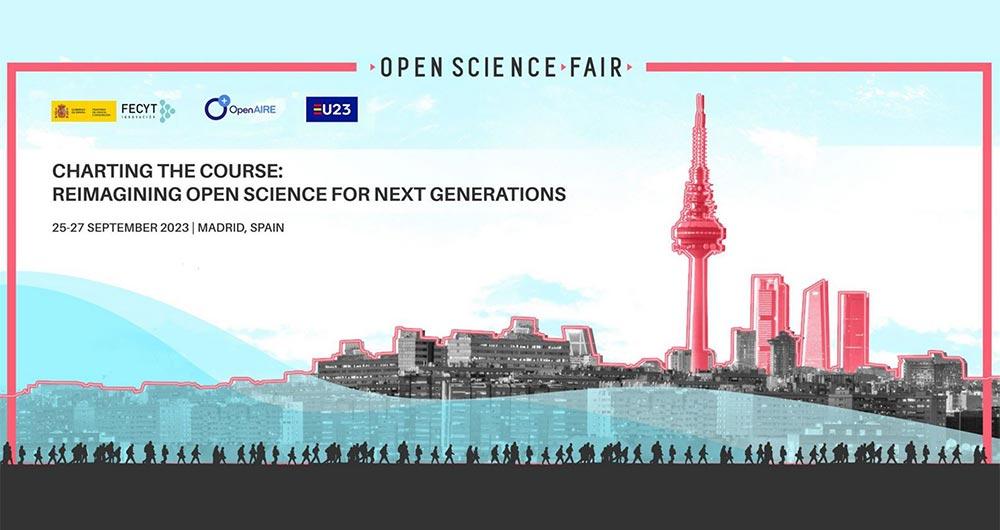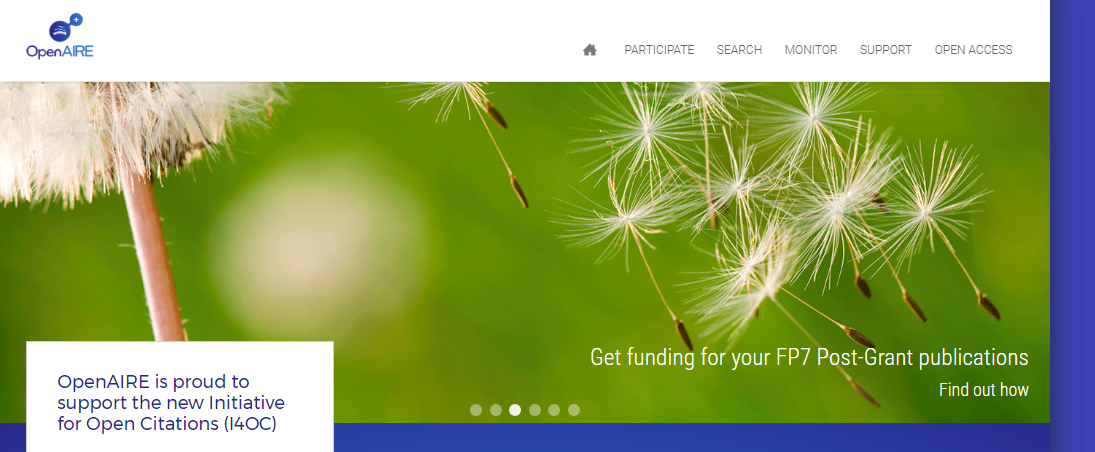
From September 25th to 27th , Madrid will be hosting the fourth edition of the Open Science Fair, an international event on open science that will bring together experts from all over the world with the aim of identifying common practices, bringing positions closer together and, in short, improving synergies between the different communities and services working in this field.
This event is an initiative of OpenAIRE, an organisation that aims to create more open and transparent academic communication. This edition of the Open Science Fair is co-organised by the Spanish Foundation for Science and Technology (FECYT), which depends on the Ministry of Science and Innovation, and is one of the events sponsored by the Spanish Presidency of the spanish Presidency of the Council of the European Union.
The current state of open science
Science is no longer the preserve of scientists. Researchers, institutions, funding agencies and scientific publishers are part of an ecosystem that carries out work with a growing resonance with the public and a greater impact on society. In addition, it is becoming increasingly common for research groups to open up to collaborations with institutions around the world. Key to making this collaboration possible is the availability of data that is open and available for reuse in research.
However, to enable international and interdisciplinary research to move forward, it is necessary to ensure interoperability between communities and services, while maintaining the capacity to support different workflows and knowledge systems.
The objectives and programme of the Open Science Fair
In this context, the Open Science Fair 2023 is being held, with the aim of bringing together and empowering open science communities and services, identifying common practices related to open science to analyse the most suitable synergies and, ultimately sharing experiences that are developed in different parts of the world.
The event has an interesting programme that includes keynote speeches from relevant speakers, round tables, workshops, and training sessions, as well as a demonstration session. Attendees will be able to share experiences and exchange views, which will help define the most efficient ways for communities to work together and draw up tailor-made roadmaps for the implementation of open science.
This third edition of Open Science will focus on 'Open Science for Future Generations' and the main themes it will address, as highlighted on the the event's website, are:
- Progress and reform of research evaluation and open science. Connections, barriers and the way forward.
- Impact of artificial intelligence on open science and impact of open science on artificial intelligence.
- Innovation and disruption in academic publishing.
- Fair data, software and hardware.
- Openness in research and education.
- Public engagement and citizen science.
Open science and artificial intelligence
The artificial intelligence is gaining momentum in academia through data analysis. By analysing large amounts of data, researchers can identify patterns and correlations that would be difficult to reach through other methods. The use of open data in open science opens up an exciting and promising future, but it is important to ensure that the benefits of artificial intelligence are available to all in a fair and equitable way.
Given its high relevance, the Open Science Fair will host two keynote lectures and a panel discussion on 'AI with and for open science'. The combination of the benefits of open data and artificial intelligence is one of the areas with the greatest potential for significant scientific breakthroughs and, as such, will have its place at the event is one of the areas with the greatest potential for significant scientific breakthroughs and, as such, will have its place at the event. It will look from three perspectives (ethics, infrastructure and algorithms) at how artificial intelligence supports researchers and what the key ingredients are for open infrastructures to make this happen.
The programme of the Open Science Fair 2023 also includes the presentation of a demo of a tool for mapping the research activities of the European University of Technology EUt+ by leveraging open data and natural language processing. This project includes the development of a set of data-driven tools. Demo attendees will be able to see the developed platform that integrates data from public repositories, such as European research and innovation projects from CORDIS, patents from the European Patent Office database and scientific publications from OpenAIRE. National and regional project data have also been collected from different repositories, processed and made publicly available.
These are just some of the events that will take place within the Open Science Fair, but the full programme includes a wide range of events to explore multidisciplinary knowledge and research evaluation.
Although registration for the event is now closed, you can keep up to date with all the latest news through the hashtag #OSFAIR2023 on Twitter, LinkedIn and Facebook, as well as on the event's website website.
In addition, on the website of datos.gob.es and on our social networks you can keep up to date on the most important events in the field of open data, such as those that will take place during this autumn.


